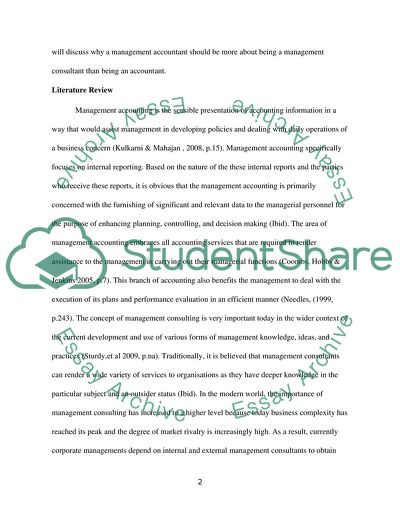Cite this document
(Should a Management Accountant be more about being a Management Essay, n.d.)
Should a Management Accountant be more about being a Management Essay. https://studentshare.org/finance-accounting/1859376-should-a-management-accountant-be-more-about-being-a-management-consultant-than-being-an-accountant
Should a Management Accountant be more about being a Management Essay. https://studentshare.org/finance-accounting/1859376-should-a-management-accountant-be-more-about-being-a-management-consultant-than-being-an-accountant
(Should a Management Accountant Be More about Being a Management Essay)
Should a Management Accountant Be More about Being a Management Essay. https://studentshare.org/finance-accounting/1859376-should-a-management-accountant-be-more-about-being-a-management-consultant-than-being-an-accountant.
Should a Management Accountant Be More about Being a Management Essay. https://studentshare.org/finance-accounting/1859376-should-a-management-accountant-be-more-about-being-a-management-consultant-than-being-an-accountant.
“Should a Management Accountant Be More about Being a Management Essay”. https://studentshare.org/finance-accounting/1859376-should-a-management-accountant-be-more-about-being-a-management-consultant-than-being-an-accountant.


